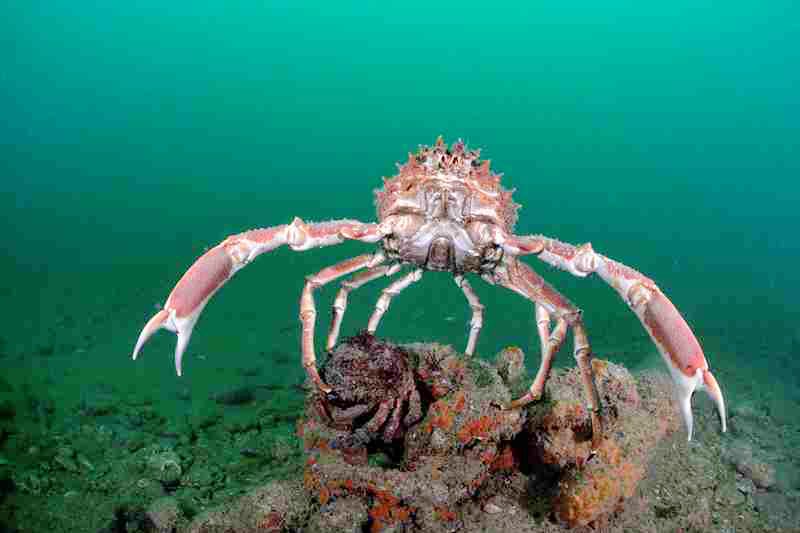OAP Helps Build Ocean Acidification Capacity for Pacific Island Nations
NOAA scientists and OAP staff will be educating and training scientists on ocean acidification monitoring in Suva, Fiji on 30 Oct – 10 Nov 2017. Scientists from several Pacific Island nations will convene at the University of the South Pacific to learn best methods for measuring ocean chemistry from experts in the Global Ocean Acidification Observing Network.




